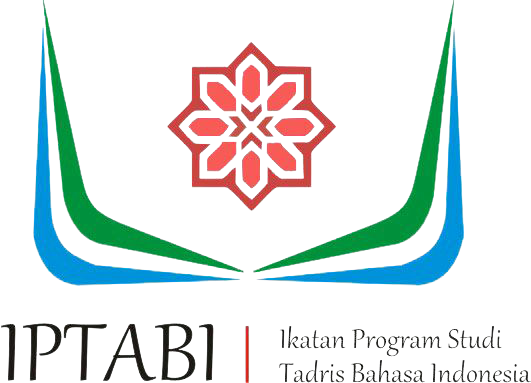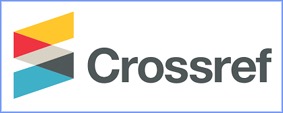Peningkatan Kemampuan Siswa dalam Menulis Teks Deskripsi melalui Model Pembelajaran Quantum Writing
DOI:
https://doi.org/10.29240/estetik.v6i1.5705Keywords:
description text, Quantum Writing Method, writing abilityAbstract
Downloads
References
Agustina, J., & Mairu, T. Vol. 16, N0. 3 september (2018):354-365. Metode Hypnoteaching Sebagai Upaya Meningkatkan Keterampilan Menulis Narasi Mahasiswa. Wahana DIdaktik, 355.
https://jurnal.univpgri palembang.ac.id/index.php/didaktika/article/view/2111
Arikunto, S. (2012). Prosedur Penelitian Suatu Pendekatan Praktek. Jakarta: Rineka Cipta.
Arikunto, S. (2014). Prosedur Penelitian Suatu Pendekatan Praktik. Jakarta :
Rineka Cipta.
Hernowo. (2015). Quantum Writing. Bandung: PT Mizan Pustaka.
Mulyasana. (2011). Pendidikan Bermutu. Bandung: PT Rosda.
Nufus, H., & Noviasari, Vol 15,No 1. (2017). Pengaruh Metode Aktif-Reflektif Dalam Menulis Berita Pada Kelas VIII MTS AL-Iklas Pemetung Basuki Kabupaten Oku Timur. https://jurnal.univpgri palembang.ac.id/index.php/didaktika/article/view/1121
Sugiyono, 2018, Metode Penelitian Kuantitatif, Kualitatif Dan R & D Bandung Alfabeta
Sugiyono. 2021. Metode Penelitian Pendidikan kuantitatif, kualitatif, kombinasi, R & D dan penelitian tindakan.Bandung. Alfabeta
Sukardi. (2016). Metodelogi Penelitian Pendidikan. Jakarta, PT Bumi Aksara
Sundari, H. (2015). Model Model Pembelajaran Dan Pemerolehan Bahasa Kedua /Asing. Jurnal Pujangga, 108.
Downloads
Published
How to Cite
Issue
Section
Citation Check
License
Copyright (c) 2023 Juaidah Agustina, Hayatun Nufus, Rumita Rumita

This work is licensed under a Creative Commons Attribution-NonCommercial-ShareAlike 4.0 International License.
Authors who publish with ESTETIK : Jurnal Bahasa Indonesia agree to the following terms:
- Authors retain copyright and grant the journal right of first publication with the work simultaneously licensed under a Creative Commons Attribution-NonCommercial-ShareAlike 4.0 International License (CC BY-NC-SA 4.0) that allows others to share the work with an acknowledgment of the work's authorship and initial publication in this journal.
- Authors are able to enter into separate, additional contractual arrangements for the non-exclusive distribution of the journal's published version of the work (e.g., post it to an institutional repository or publish it in a book), with an acknowledgment of its initial publication in this journal.
- Authors are permitted and encouraged to post their work online (e.g., in institutional repositories or on their website) prior to and during the submission process, as it can lead to productive exchanges, as well as earlier and greater citation of published work (See The Effect of Open Access).






